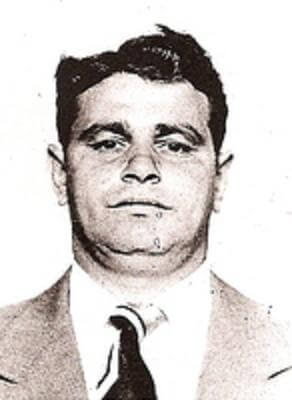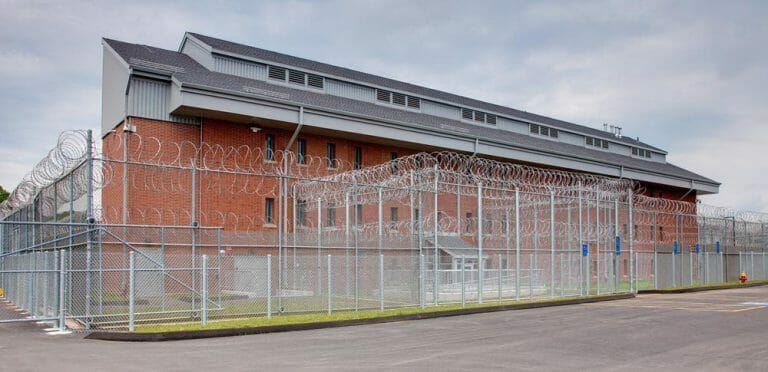Driving Under the Influence Bail Bonds in Connecticut
What is DUI or driving under the influence? It refers to operating a motor vehicle while your blood alcohol level is above the set legal limit. This limit is supposedly the level at which you can’t drive safely. DUI is commonly called drunk driving. In some states, it is referred to as DWI (driving while intoxicated, for example, impaired by marijuana).

When you are arrested for a DUI, you are legally referred to as a DUI suspect. You’ll be taken into custody by police and booked on DUI charges. Then you will have to defend yourself against the charges in the court of law.
DUI Arrest
Once arrested and booked for driving under the influence, law enforcement will collect your fingerprints and run background checks to certify your background. It’s worth noting that during this time you are not proven guilty. The proof of guilt can only be decided by a judge in the court of law.
When facing a DUI charge in Connecticut, therefore, you will have to defend your charge at the Connecticut Superior Court in the geographic area where the arrest occurred. You’ll also receive a suspension notice from the Department of Motor Vehicles (DMV). You’ll have to schedule a hearing with DMV to challenge the suspense. Failure to schedule a DMV hearing will result in the suspension of your driver’s license in Connecticut.
The judge handling your case will have to prove your guilt of the DUI offense beyond a reasonable doubt. Upon a conviction, you’ll get some kind of criminal sentence such as a fine, community service, or jail term.
Is DUI a Felony or a Misdemeanor in Connecticut?
In Connecticut, the first DUI offense is filed as a misdemeanor. It becomes a felony if you are charged with a repeat offense within ten years after a previous conviction of the same offense. If you get a second DUI conviction, therefore, you are regarded as a convicted felon.
DUI is also a felony if you are drunk driving and cause grievous physical injury or death to another person. Therefore, even if you have no previous convictions, if your first DUI causes physical injury to another person, you’ll face a felony charge.
The penalties for Connecticut DUI felony include:
- A fine of $1,000 to $4,000
- Up to two years jail time
- Probation, including 100 hours of community service
- Ignition Interlock Device (IID) installation for three years
- A 45-day license suspension
How to get out of a DUI
If you get arrested and charged with driving under influence, get released from jail temporarily after you have posted bail. You’ll receive this bail time on the condition that you will honor your court dates and return to court as required. The bail may not be granted immediately, but the judge can order it on a later date.
The actual DUI bail amount will depend on several factors. This may include your criminal history, the intense of the alleged offense, your community ties, and whether or not it’s a repeat offense. The more arrests and driving under influence cases you’ve had, the higher you can expect the amount of your bail to be.
Misdemeanor bail for DUI can range from $500 to $10,000. Conversely, the judge can require you to pay up to $50,000 for a DUI felony bond depending on your criminal history.
Bail for DUI in CT
Being charged with DUI offense in Connecticut can be scary. Bail bonds can be hefty due to the imposition of some other special conditions. You may be required to install and maintain an ignition interlock device on any vehicle you plan to drive. You also may be required to undergo drug and alcohol screenings pending your hearing.
Besides engaging an experienced attorney for proper legal advice on your bail bond, you also need a reputable bail bond agent to help you through the process of securing your release.
If paying the full amount of bail is difficult for you or your family members, Afford-A-Bail can help you with all your DUI bail bond needs. Call our bail bondsman 24/7 in Connecticut by clicking on the following number: (860) 469-4550.

Three Heroes Honored at Hartford City Council Meeting
Three locals were honored for their heroic act of rescuing the life of a police officer who was stabbed during an argument.

This History of the Mafia in Connecticut
Believe it or not, but the Mafia actually has a rich and colorful history in Connecticut. Though many parts of Connecticut are rural and quaint, crime still managed to seep across the border and run rampant within its confines—particularly in New Haven.

CT State Prisons
Some of the well-known state prisons in Connecticut
